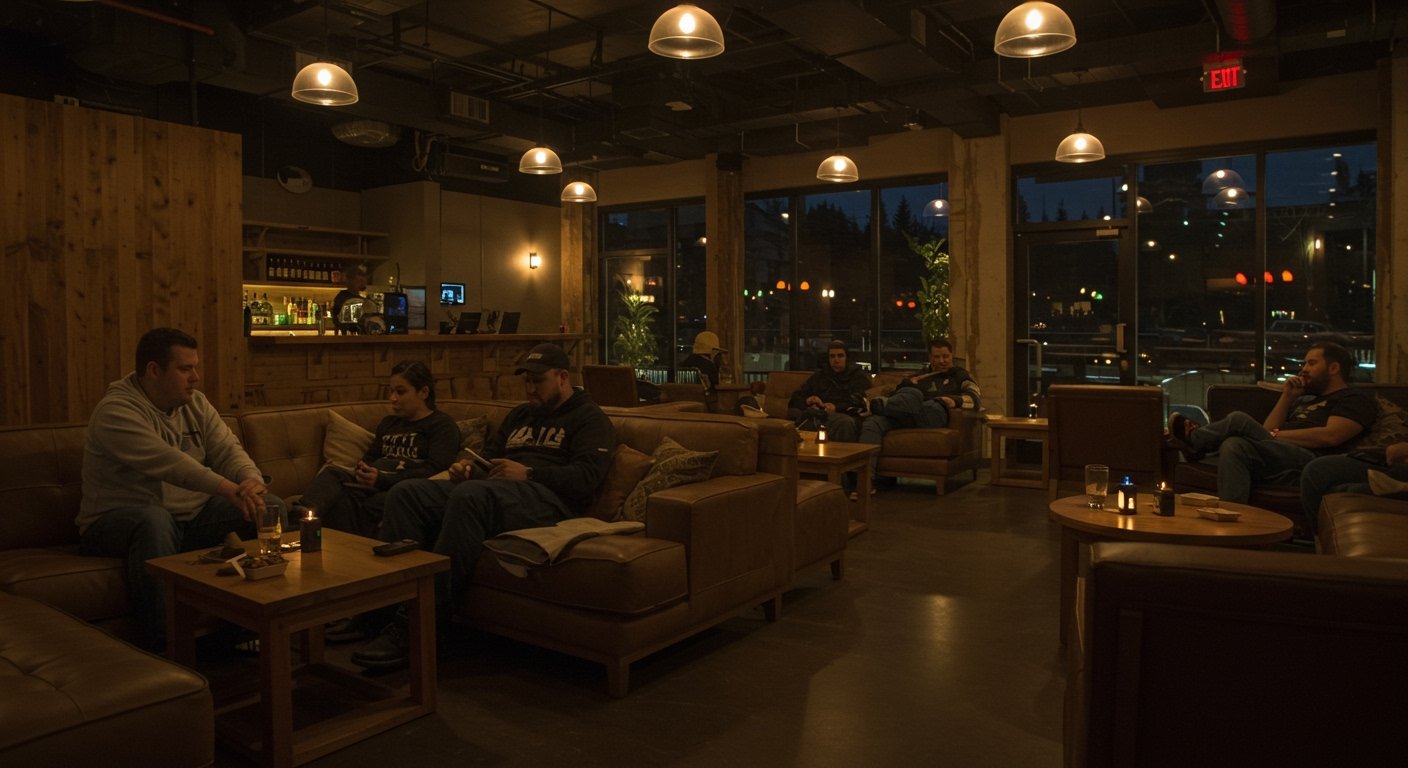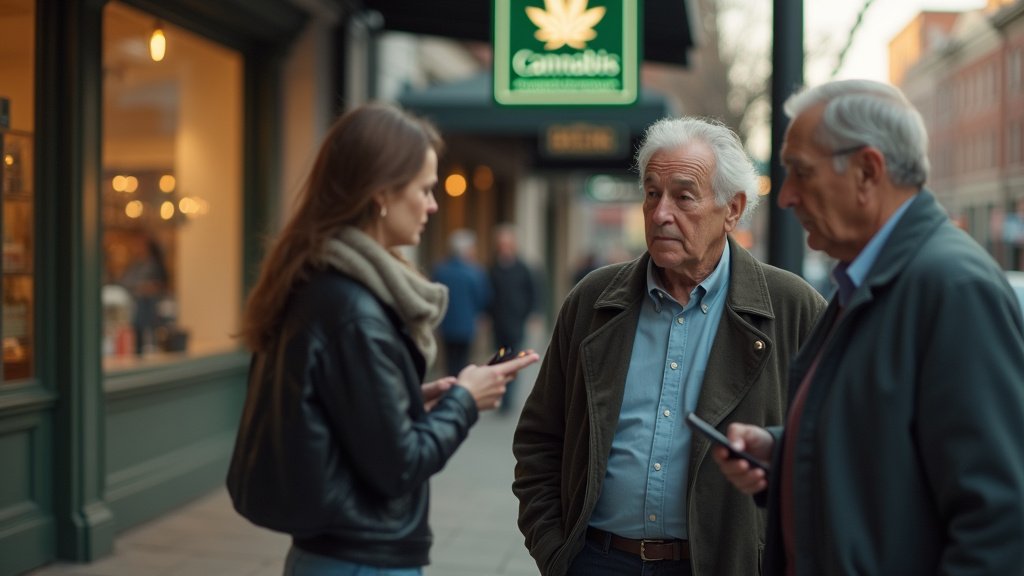PORTLAND, OR – A significant step has been taken by proponents of legalizing cannabis social lounges in Oregon, as a campaign pushing for licensed consumption spaces has successfully cleared its initial signature-gathering requirement, moving closer to placing the measure before voters on the November 2026 ballot.
The initiative, formally known as the “Oregon Cannabis Social Lounge Act,” is spearheaded by the Oregon Cannabis Cafe Coalition. It aims to create a regulated environment where adults can legally consume cannabis in designated commercial establishments. The coalition announced this week that it has gathered and verified over 1,400 signatures from registered Oregon voters, comfortably exceeding the initial threshold of 1,000 signatures required to obtain a ballot title from the state.
The Path to the Ballot
Obtaining a ballot title is a crucial early phase in the state’s initiative petition process. It provides the official language that will appear on the ballot and in the voters’ pamphlet, describing the measure’s purpose and effect. With this preliminary hurdle cleared, the campaign can now focus on the far more substantial task required to qualify the measure for the statewide ballot.
To secure a spot on the November 2026 ballot, the Oregon Cannabis Cafe Coalition must gather a total of more than 117,000 valid signatures from registered voters across Oregon. This next phase represents a significant logistical challenge, requiring widespread public support and extensive organizational effort.
The campaign officially filed the initiative on March 20, initiating the timeline for signature collection. Supporters now have until July 2026 to collect the remaining signatures needed to meet the state’s qualification requirements for the general election ballot.
Proposed Framework for Lounges
The “Oregon Cannabis Social Lounge Act” outlines a specific framework for how these social consumption venues would operate, should the measure be approved by voters and subsequently implemented starting in 2027.
Under the proposed act, licensed cannabis lounges would permit adults aged 21 and over to consume their own legally purchased marijuana products on-site. A key provision of the initiative explicitly prohibits the sale or consumption of alcohol and tobacco products within these licensed cannabis establishments, aiming to create a focused environment for cannabis use.
The proposed lounges would be allowed to sell food, non-alcoholic beverages, and hemp-derived CBD products, provided these CBD products contain no more than 0.3% THC by dry weight, adhering to current federal and state hemp regulations.
Significantly, the initiative proposes limiting licenses for these social lounges exclusively to microbusinesses. Existing retail marijuana licensees, which currently dominate the state’s regulated cannabis market, would be explicitly excluded from obtaining these lounge licenses. This provision appears intended to foster a new sector of small businesses within the cannabis industry.
Regulatory oversight for these venues would involve a dual approval process. Licenses would require authorization from both the Oregon Liquor and Cannabis Commission (OLCC), the state’s primary regulatory body for cannabis and alcohol, and the relevant local government where the lounge would be located. Furthermore, the proposed lounges would need to adhere strictly to local zoning laws and comply with all applicable health and safety regulations.
Goals and Support
The Oregon Cannabis Cafe Coalition articulates several goals driving their initiative. They seek to establish regulated, safe spaces for cannabis consumption, particularly for individuals who may not be able to consume legally in their homes due to lease agreements, public housing rules, or other restrictions. Organizers also contend that legal lounges would boost the local economy by creating new business opportunities and jobs, while simultaneously promoting responsible adult use by providing a controlled environment.
To achieve the daunting task of collecting over 117,000 additional signatures, the campaign is actively seeking broad support. They are calling upon cannabis businesses, vendors, volunteers, and members of the public to assist in the signature-gathering efforts and contribute resources to the campaign.
Reaching the initial signature milestone represents a critical first step, signaling the campaign’s viability and enabling them to proceed with the long-term effort required to bring regulated cannabis social lounges to the forefront of Oregon’s public discourse and potentially, its legal landscape by 2027.




